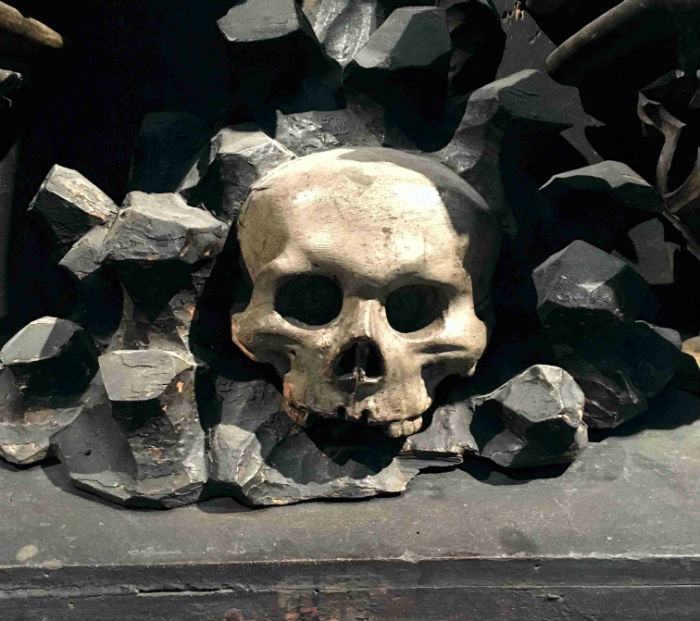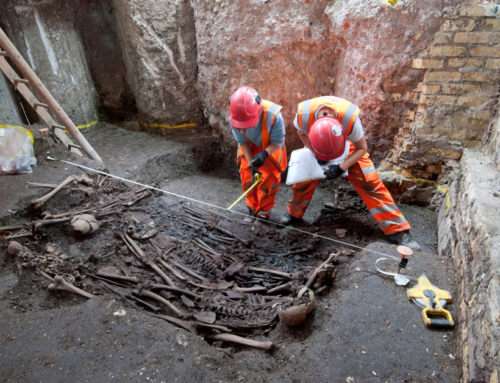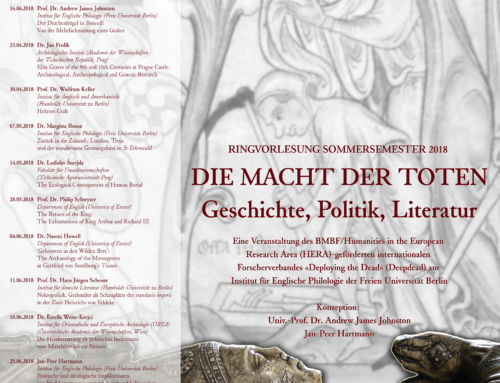Ladislav Smejda was recently interviewed by Deutschlandfunk a German Radio station which was an exciting way to let the wider public know about wider ecological implications of the Research Project.
The interview discusses how death can be both helpful and harmful to the environment due to the chemical components in our bodies being released into the surroundings of cemeteries and crematoria. “The question is how human remains and funeral rites affect the environment, analysing the effects on soil, water or air, and asking whether new forms of burial could bring benefits to the environment and society,” said Ladislav Smejda from the Department of Ecology of the Czech University of Life Sciences in Prague.
The research found that even medieval or prehistoric burial grounds had elevated levels of phosphorus which is bound to the minerals in the soil and slowly released as a nutrient to plants. “We see that in the vegetation, plants grow better over a grave than in the surrounding area, and the effect is so clear that we can make use of this observation in archaeological remote sensing to find old graves.”
However, when ashes of the deceased are scattered in restricted designated areas, after only a few decades strong phosphorus and calcium accumulation can be measured in these fields. This is because bone ash consists mainly of phosphorus and calcium, which could mean after long and intensive use the soil chemistry could be negatively affected, changing soil pH and chemical composition to unnatural states. Consideration should also be given to the large use of fossil fuels (today mostly natural gas) and polluting substances released into atmosphere during the cremation process.
As the world population continues to grow and more and more people want to reduce their environmental footprint, there is a growing interest in new ideas that require less energy and space, often called a “green burial”.
You can listen to the final, edited version translated to German in this Podcast or read about it here
Then another small contribution toward the same topic appeared in French, in the article inspired by the recent study investigating ecological impact of different types of funeral services in Paris. It is not quite clear why Ladislav Smejda is cited in the text under the subheading ‘Dictature écologique’
Finally, Ladislav Smejda was interviewed by Czech Radio Plus station on the popular, but frequently misunderstood and culturally biased, phenomenon of cannibalism in human societies, particularly on the perils of its identification in the archaeological record. This interview in Czech can be accessed in the audio version or in the form of short text summary





Get Social